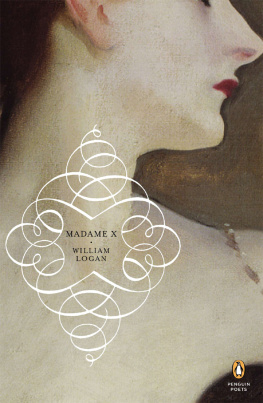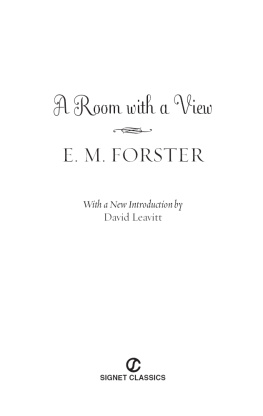Table of Contents
PENGUIN BOOKS
A WORLD APART
Gustaw Herling was born in 1919 in Kielce, Poland. After the war, he lived m London and Munich, finally settling in Naples. He was one of the founding editors of Kultura, a magazine conceived as a forum for independent thought and imagination.
FOR
KRISTINA
PREFACE TO THE FIRST EDITION
by BERTRAND RUSSELL, O.M.
OF the many books that I have read relating the experiences of victims in Soviet prisons and labour camps, Mr. Gustaw Herlings A World Apart is the most impressive and the best written. He possesses in a very rare degree the power of simple and vivid description, and it is quite impossible to question his sincerity at any point.
In the years 1940-42 he was first in prison and then in a forced labour camp near Archangel. The bulk of the book relates what he saw and suffered in the camp. The book ends with letters from eminent Communists saying that no such camps exist. Those who write these letters and those fellow-travellers who allow themselves to believe them share responsibility for the almost unbelievable horrors which are being inflicted upon millions of wretched men and women, slowly done to death by hard labour and starvation in the Arctic cold. Fellow-travellers who refuse to believe the evidence of books such as Mr. Herlings are necessarily people devoid of humanity, for if they had any humanity they would not merely dismiss the evidence, but would take some trouble to look into it.
Communists and Nazis alike have tragically demonstrated that in a large proportion of mankind the impulse to inflict torture exists, and requires only opportunity to display itself in all its naked horror. But I do not think that these evils can be cured by blind hatred of their perpetrators. This will only lead us to become like them. Although the effort is not easy, one should attempt, in reading such a book as this one, to understand the circumstances that turn men into fiends, and to realise that it is not by blind rage that such evils will be prevented. I do not say that to understand is to pardon; there are things which for my part I find I cannot pardon. But I do say that to understand is absolutely necessary if the spread of similar evils over the whole world is to be prevented.
I hope that Mr. Herlings book will be very widely read, and that it will rouse in its readers not useless vindictiveness, but a vast compassion for the petty criminals, almost as much as for their victims, and a determination to understand and eliminate the springs of cruelty in human nature that has become distorted by bad social systems. And apart from these general reflections, the reader will find the book absorbingly interesting and of the most profound psychological interest.
1951
PART I
CHAPTER 1
VITEBSKLENINGRADVOLOGDA
THE summer of 1940 was nearly over when I was in Vitebsk. In the afternoons the sun still shone for a while on the paving-stones of the prison courtyard, and later set behind the red wall of the neighbouring block. Inside the cell familiar sounds reached us from the courtyard: the heavy tread of prisoners making their way to the bath-house, mingled with Russian words of command and the jingling of keys. The warder in the corridor sang quietly to himself; every now and then he put down his newspaper and, without undue hurry, came up to the little round window in the cell door. As if at a given signal two hundred pairs of eyes abandoned their indifferent scrutiny of the ceiling and transferred their gaze to the small pane of the judas. An enormous eye peered into the cell, looked round at all of us, and disappeared again; the small tin shield which covered the glass on the other side fell back into place.... Three kicks on the door meant: Get ready for supper.
Half-naked, we would get up from the cement floorthe supper signal had put an end to our afternoon nap. While waiting with clay bowls in our hands for the liquid mess which was to be our supper, we took the opportunity to relieve ourselves of the liquid mess which had been our lunch. Six or eight streams of urine crossed in the air like the jets of a fountain, and met in a miniature whirlpool at the bottom of a high pail before us, raising the level of foam along its sides. Before buttoning up our trousers, some of us would look curiously at our shaved flesh: it was like seeing a tree, bent by the wind, standing solitary on the barren slopes of a field.
If I were asked what else we did in Soviet prisons, I should find it difficult to add anything to the above account. We were woken in the morning by a knock on the door, and soon our breakfasta pail of cabbage-waterwas brought into the cell, together with a basket containing our daily ration of bread. We munched the bread until lunch and our conversational capacity reached its peak. The Catholics would then gather round an ascetic priest, the Jews round an army rabbi with fish-like eyes and folds of skin, which had once been his belly, hanging loosely from his body; simple people told each other their dreams and talked nostalgically about the past, while the intellectuals searched the cell for cigarette-ends which could be made into one common cigarette. Two kicks on the door put an end to the chatter, and the groups of prisoners, headed by their spiritual leaders, trooped out into the corridor and crowded round the pail of soup. But one day a dark Jew from Grodno joined us in the cell, and weeping bitterly announced that Paris had fallen. From that moment the patriotic whisperings and the political discussions on the palliasses came to an end.
Toward evening the air became cooler, woolly clouds sailed across the sky, and the first stars gleamed faintly. The rust-coloured wall opposite our window would burst briefly into a reddish flame, which was then suddenly extinguished by the sunset. Night came, and with it cool air for the lungs, rest for the eyes, and moisture for parched lips.
Just before evening roll-call the electric light came on in the cell, and its sudden brilliance accentuated the darkness of the sky outside. But only a moment later the night was pierced by the criss crossing beams of searchlights, patrolling the darkness from the comer towers of the prison. Before the fall of Paris, a tail woman, her head and shoulders wrapped in a shawl, would pass at just about this hour through the small section of the street visible from our cell window. She would stop by the lamp-post opposite the prison wall to light a cigarette, and several times it happened that she lifted the burning match into the air like a torch and held it for a moment in that incomprehensible pose. We decided that this was a sign of Hope. After Paris fell, we did not see her for two months. It was not until an evening late in August that the sound of her hurried footsteps, echoing in the silence of the small street, woke us from our dreams; as before, she stood under the street-light and after she had lit her cigarette, she put out the match with a zigzagging movement of the hand, like the motion of connecting-rods on railway-engine wheels. We all agreed that this could only mean a transfer, perhaps that very night. But they were in no hurry and we all remained in Vitebsk for another two months.


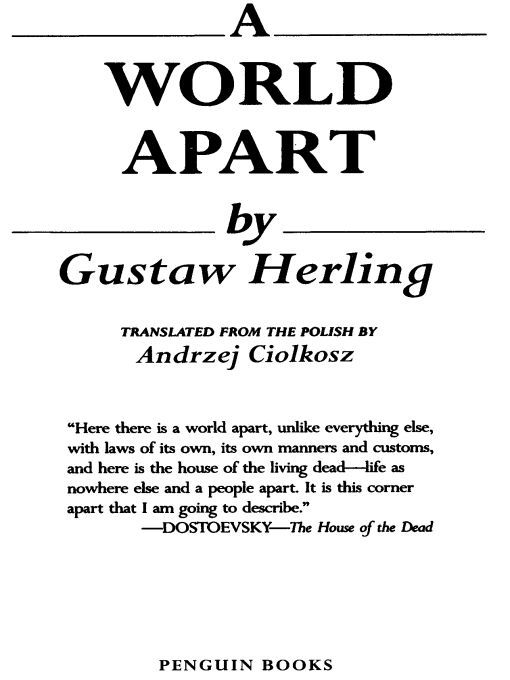
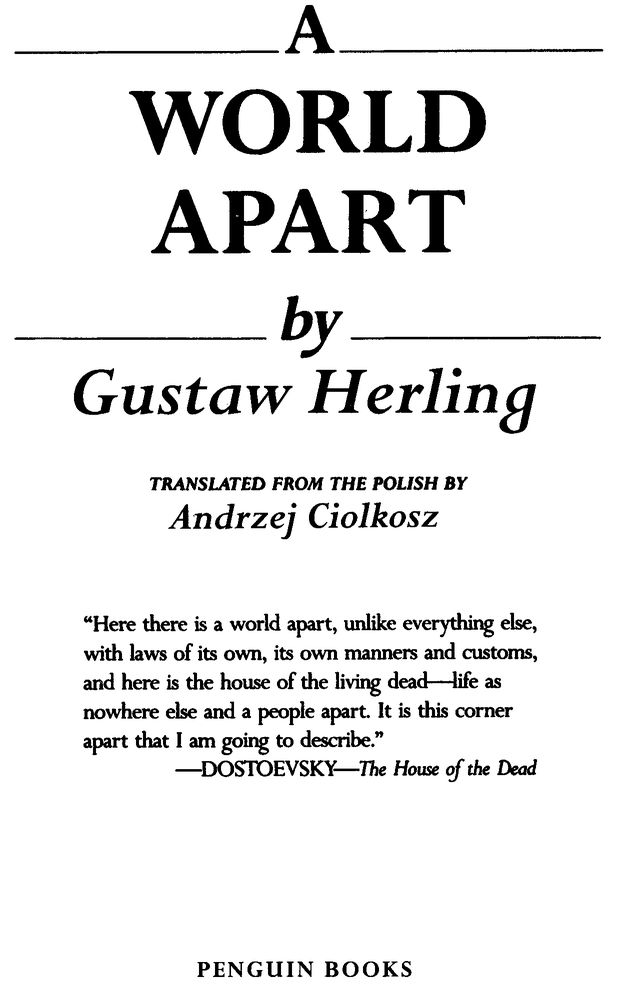



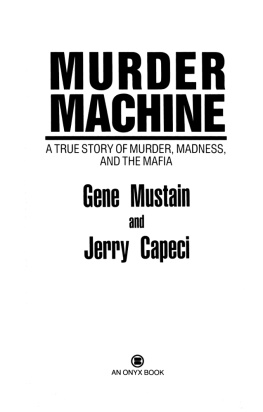
![Harry Turtledove - Worlds that werent : [novellas of alternate history]](/uploads/posts/book/79050/thumbs/harry-turtledove-worlds-that-weren-t-novellas.jpg)
